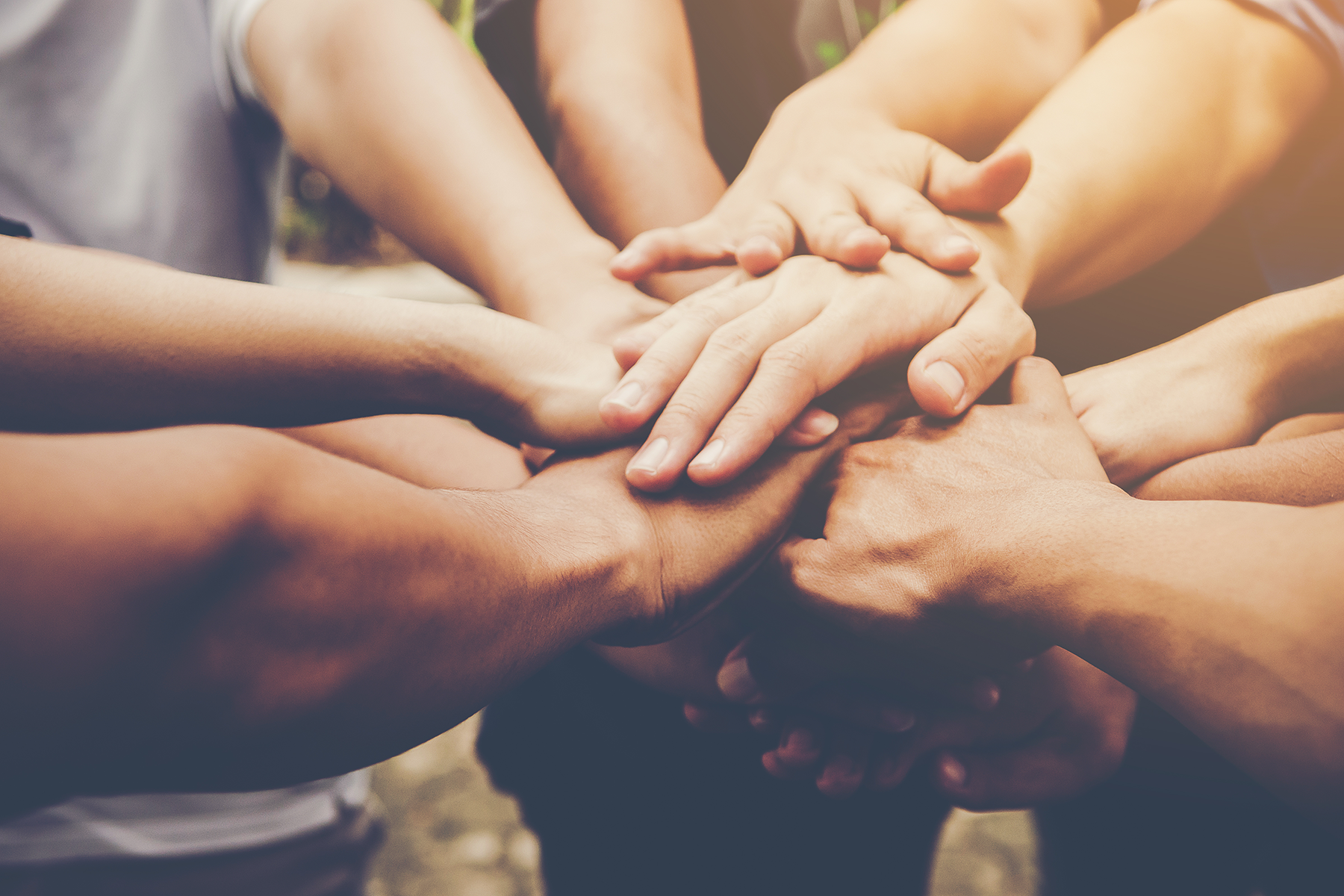In the heart of West Africa, Ghana stands as a beacon of progress in the battle against HIV/AIDS. As the nation commemorates two decades of dedicated efforts in combating this global health challenge, it’s important to acknowledge the pivotal role played by the International Health Care Centre (IHCC) and the West Africa AIDS Foundation (WAAF). Their consistent unwavering commitment and innovative approaches have not only transformed the landscape of HIV prevention and treatment but have also fostered a culture of compassion and inclusivity.
The International Health Care Centre (IHCC): Pioneering Excellence in Healthcare
Founded prior to the commencement of official HIV programs in Ghana and specifically in August of 1998 (26 years ago), IHCC’s vision remains the same namely, to provide world-class healthcare services to Ghanaians and beyond. IHCC has been at the forefront of the fight against HIV since its inception in Ghana when there was no treatment available in the country. Over the years, it has established itself as a hub of medical excellence, offering comprehensive HIV/AIDS care, including testing, counseling, prevention, treatment, and support services.
Through strategic partnerships with local communities, government agencies, and international organizations, IHCC reaches remote areas, marginalized and vulnerable populations, ensuring that no one is left behind in the quest for an HIV-free generation. Its holistic approach to healthcare not only focuses on medical interventions but also emphasizes the importance of education, advocacy, zero tolerance to stigma and discrimination of all forms and equality and equity for health.
The West Africa AIDS Foundation (WAAF): Empowering Communities, Changing Lives
To complement the efforts of the IHCC, the West Africa AIDS Foundation was established in 1999, and has since then been instrumental in empowering communities and individuals affected by HIV/AIDS. With a mission to help battle the spread of HIV and AIDS, TB as well as other diseases and mitigate their effects on communities by providing care and support to promote healthier individuals for a better future, WAAF has enhanced the quality of life for people living with HIV and those at risk, and has implemented a wide range of initiatives aimed at prevention, care, and support.
From outreach programs to peer education initiatives and implementation of projects aimed at reducing the spread of HIV and other STIs, WAAF has been proactive in raising awareness about HIV transmission, initiating prevention strategies and ensuring availability of treatment for those who need this. Its comprehensive approach to addressing social determinants of health has led to tangible improvements in the well-being of affected populations, including access to healthcare, education, and economic opportunities.
Ghana @20 ART: Celebrating Achievements, Renewing Commitments
As Ghana marks two decades of progress in the fight against HIV/AIDS, it is essential to celebrate the remarkable achievements of Anti-Retroviral Treatment (ART) which has played a key role in this success and WAAF and IHCC are proud to have been a part of this achievement right from the very beginning. The year was 2003 and suddenly lifesaving medicines had become available, although not adequately accessible. Only 3 hospitals, one in the Greater Accra Region, one in the Ashanti Region and one in the Eastern Region had these medicines. How would the many Ghanaians living with HIV, sparsely spread throughout the then 10 regions of Ghana be able to access these life-saving medicines? WAAF and IHCC immediately kicked a plan into action. Spreading the word of the arrival of ARVs through its outreach work, to receiving PLHIV from across the country at the IHCC facility, IHCCs goal was to prepare all to qualify for these lifesaving medicines. IHCC would provide shelter, treat opportunistic infections, enhance nutritional status, provide counseling on the embarkment of lifelong medications and would provide individuals to act as treatment supporters so PLHIV could pass the test of providing treatment adherence supporters, a requirement at the time to access ARVs, which, due to high levels of stigma remained a barrier for many as they could not disclose their status to anyone. How IHCC staff would rejoice when a resident of the facility would return with the little sachet, many a time containing 28 pills of lifesaving ARVs (2 weeks supply of initial treatment given at the time). A life was on the road to recovery and what more could we wish for. IHCC would support many PLHIV this way until it joined forces with others to fight for ARVs to be accessible onsite. Another story on its own. However, with determination and the support of those who believed in us, IHCC and our genuine course of helping more PLHIV access ARVs, officially landed us accreditation as an ART site in 2007 and since then, the focus has been to enable all who need ARVs access them, pushing for us to move towards patient-centered approaches including the use of our mobile clinics to reach as many as possible.
Overall, the achievements have been great and have included significant reductions in new infections due to undetectable = untransmitable efforts, prevention of mother to child transmission of HIV, health improvements in relationships between discordant couples, and reduction in HIV related stigma as PLHIV have more and more become able to put a face to the fight, all of which have yielded tangible results and transforming countless lives.
However, the journey is far from over. Despite the strides made, challenges, like stigma, discrimination, limited resources, etc still persist. As we reflect on past achievements, let us also renew our commitment to the cause, redoubling our efforts to achieve the ultimate goal of ending AIDS by 2030 and attaining an HIV/AIDS-free generation.
In commemorating 20 years of ART and advocacy in Ghana, let us draw inspiration from the resilience and determination of those who have fought tirelessly against HIV/AIDS. Together, we can overcome the remaining hurdles and build a future where every individual can live a life of dignity, free from the burden of HIV/AIDS.

